Public media striving to give taxpayers their money’s worth
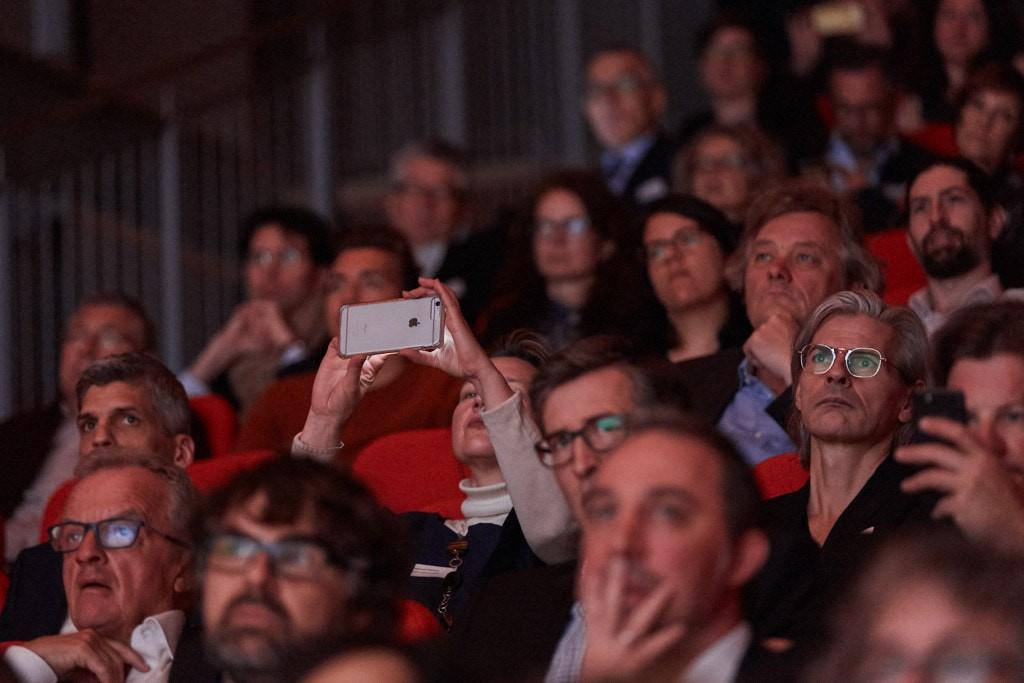
In an era of Spotify and Netflix, where does public media fit in – and how can it stay relevant and true to society’s needs?
To try to answer these and many other questions, nearly 200 globally active media professionals and analysts gathered in the Swiss capital for the first International Public Media ConferenceExternal link on Monday – exactly a year after Swiss voters rejected a proposal to drop the mandatory licence fee for public broadcasters.
“The people of Switzerland know how important publicly funded media is for the media landscape,” said Swiss Communications Minister Simonetta SommarugaExternal link in her opening remarks.

More
‘Media are the life insurance of modern democracy’
Over the course of the day’s conference, many speakers – including BBCExternal link Director-General Tony Hall via video message – highlighted the importance of creativity, which was fitting considering the venue: Zentrum Paul KleeExternal link, a cultural centre dedicated to the versatile Swiss artist. “Surprising and delighting audiences so they feel they get their money’s worth out of their licence fee” was one BBC goal cited by Hall, admitting that the British public broadcaster was no longer the big fish it once was.
“We need to be very clear how we spend the Swiss taxpayers’ money – and very careful,” noted Gilles Marchand, director-general of the Swiss Broadcasting Corporation (SBC)External link, parent company of swissinfo.ch. “We don’t select our audience. We need to address everyone and that’s a fundamental difference to private media.”
The IPMC was hosted by the SBC in cooperation with the Federal Office of CommunicationsExternal link, the Federal Media CommissionExternal link and the Swiss Association of Communication and Media ResearchExternal link.
In the panel discussion featuring Marchand’s peers, Karola Wille, director of Germany’s Mitteldeutsche RundfunkExternal link TV and radio, said it was crucial to remain a trusted and reliable source through dialogue that takes place closer to the audience. “We need to be more accountable and share our sources, and to be present in all segments of society.”
Jean-Paul Philippot, general administrator of Belgium’s French-language public broadcaster, RTBFExternal link, said his organisation had launched a free on-demand platform as well as a paid subscription service with more on offer.
“More than 50% of the Belgian population has subscribed. We’re not competing with Netflix, but we want to make sure we’re the local platform with content we’ve produced ourselves. And makes it possible to collect data – a no-go for some – but we consider it important to know who’s tuning in,” Philippot said.
Collaboration is key
Cilla Benkö, director-general of Swedish public radioExternal link, cited the willingness to listen and collaborate as an opportunity for public media. “The major commercial players had no idea what our challenges were. We really need to join forces,” she said, adding that younger audience members are used to finding what they want on the Swedish streaming service Spotify.
In a presentation on the “unique value” of public service, Noel Curran, director-general of the European Broadcasting UnionExternal link (EBU), also highlighted some of the ways that public and private media could help each other. For example, he pointed out how public media funding had helped produce some of the most successful films – a fact he also mentioned in this interview with swissinfo.ch.
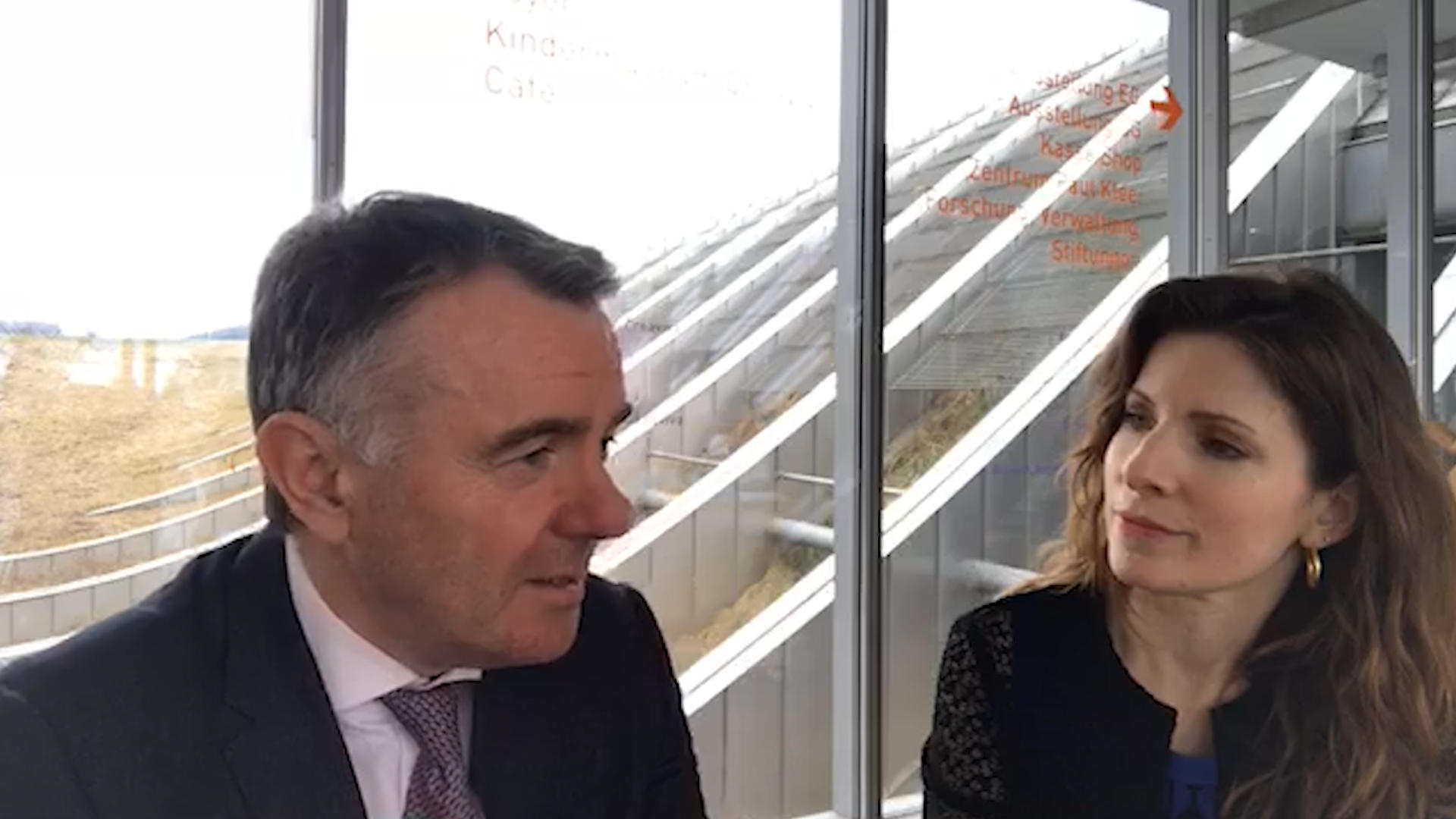
More
‘We need to live up to our responsibilities’
In his presentation Curran also mentioned that the EBU’s public service media are directly involved in 73% of all TV fiction titles produced in the European Union.
Though Switzerland is not a part of the EU, the SBC’s Marchand also sees the value of fiction in terms of highlighting national culture.
“You can’t narrate a country via facts only. You need fiction, too. But it’s hard with the linguistic budgets. Thanks to our various platforms we can do more,” Marchand said.
Individual journalists must also do more to uphold the values, noted Otfried Jarren, president of the Swiss Federal Media CommissionExternal link, who closed the conference. He cited the need for public media to remain as independent as possible from economic and political forces.
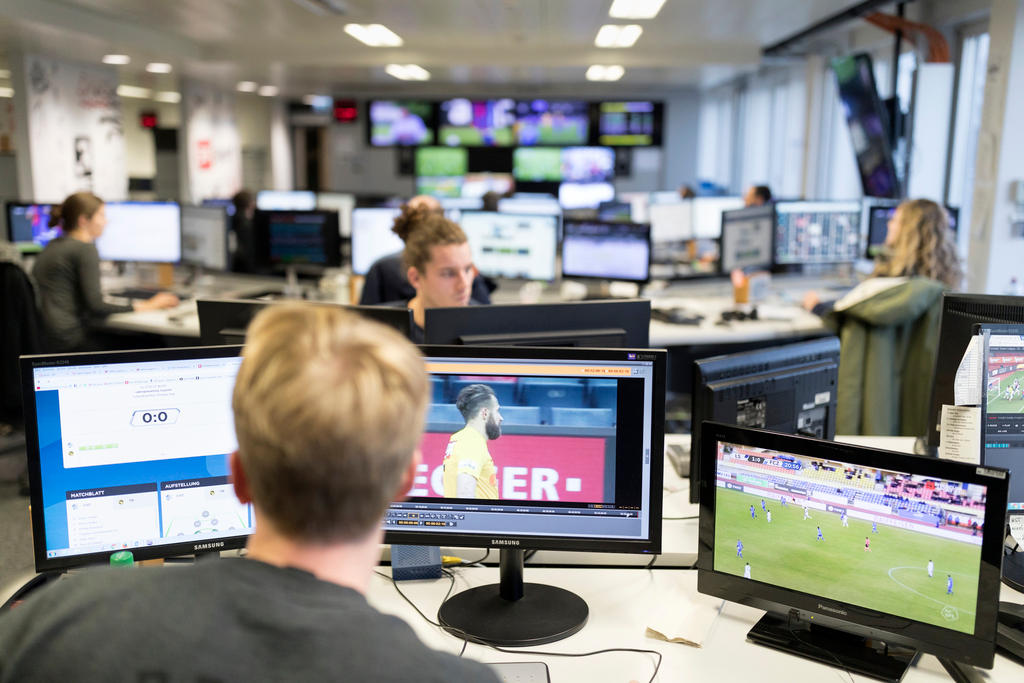
More
‘Journalists must get a grip’ to protect independent media

In compliance with the JTI standards
More: SWI swissinfo.ch certified by the Journalism Trust Initiative











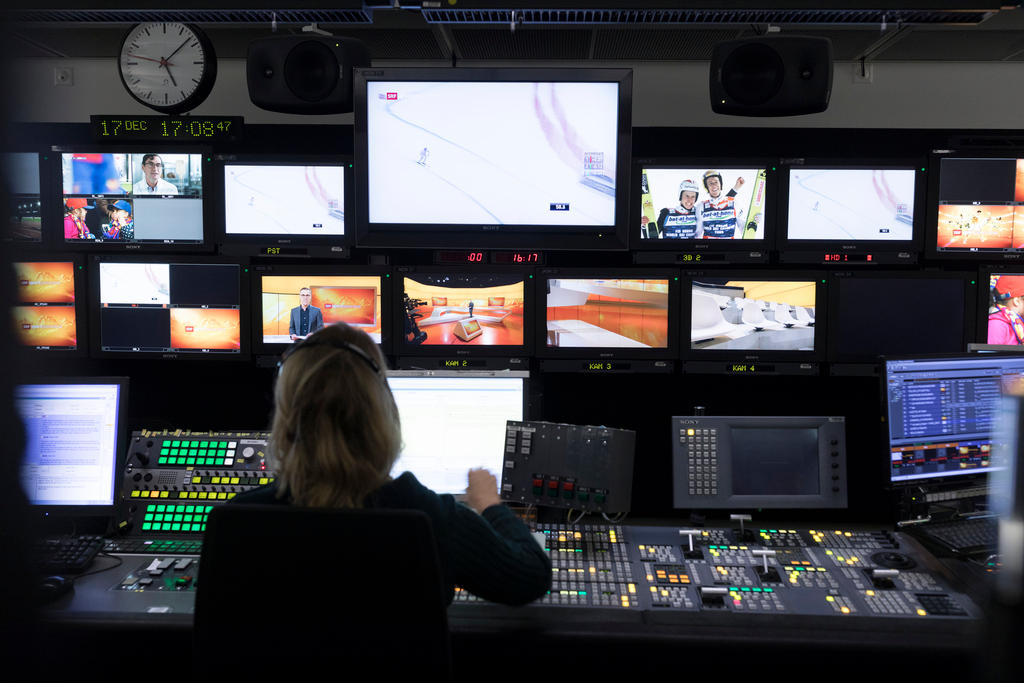
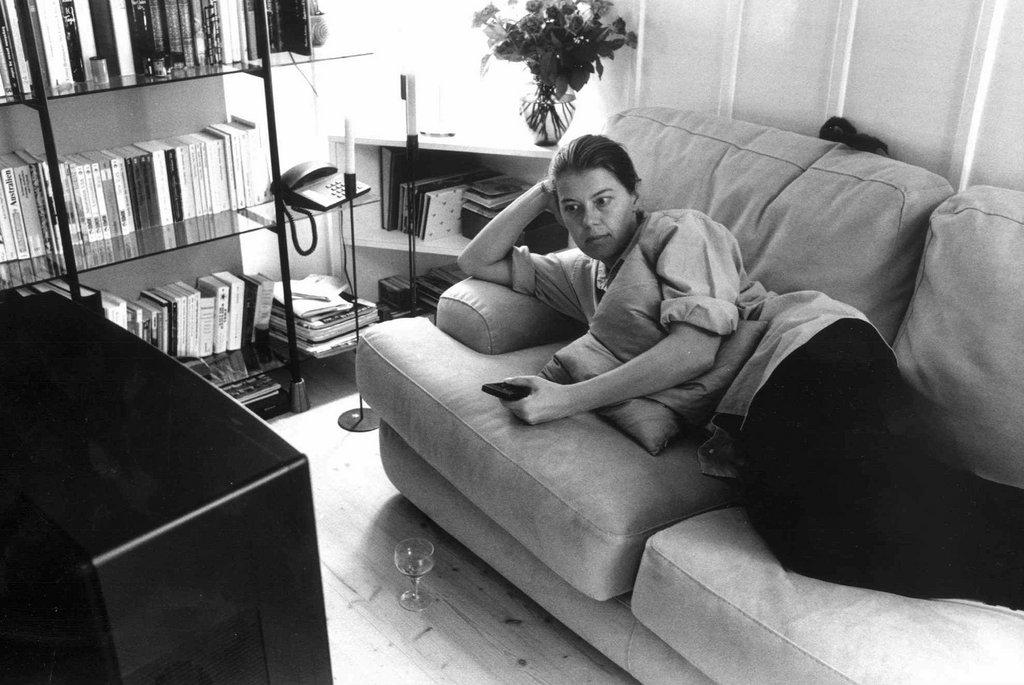
You can find an overview of ongoing debates with our journalists here . Please join us!
If you want to start a conversation about a topic raised in this article or want to report factual errors, email us at english@swissinfo.ch.